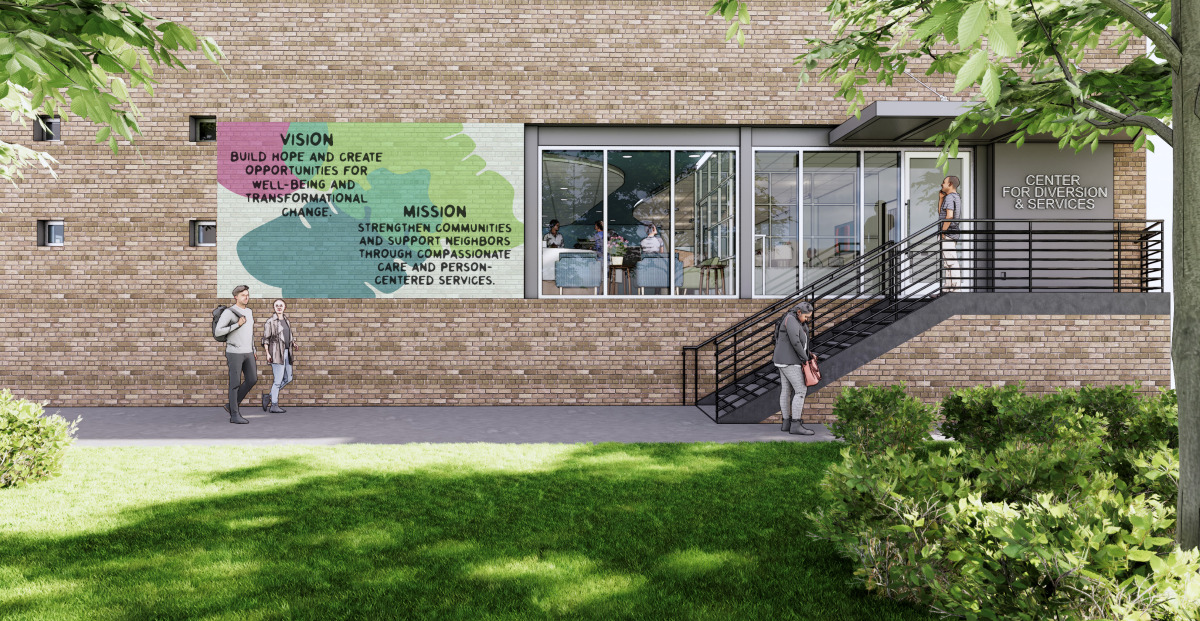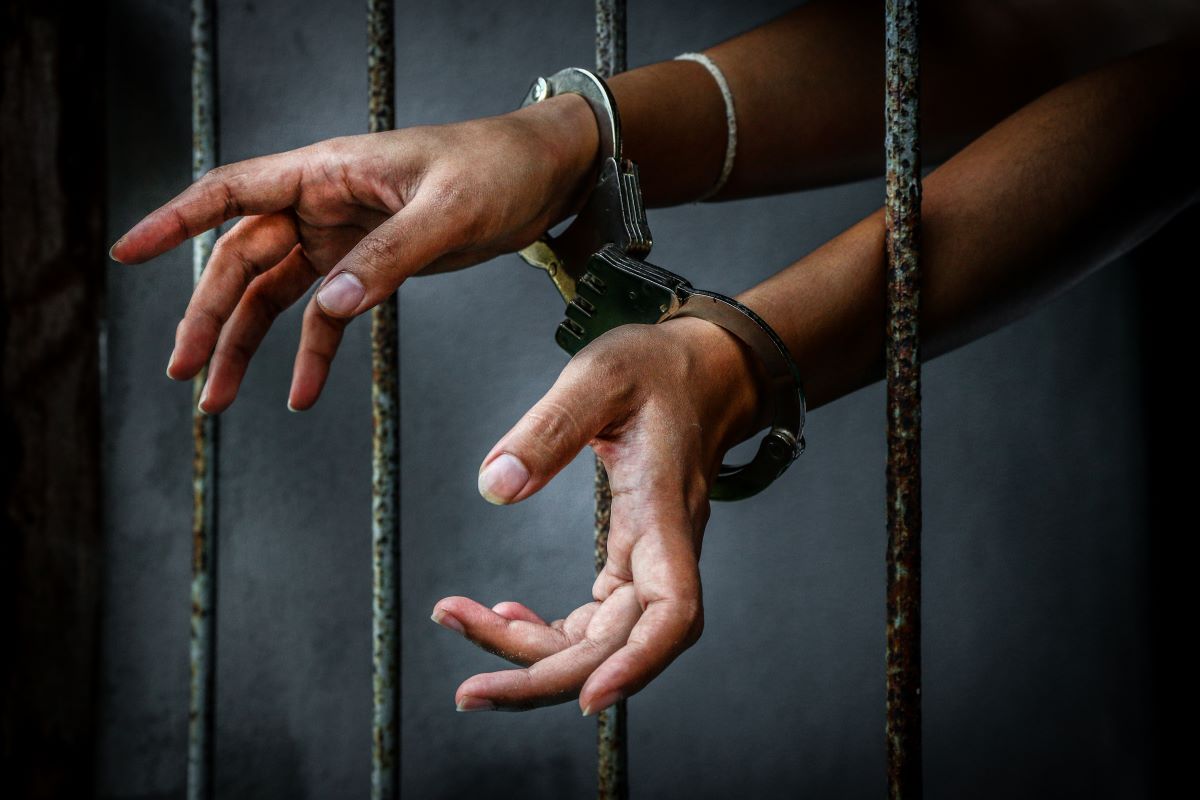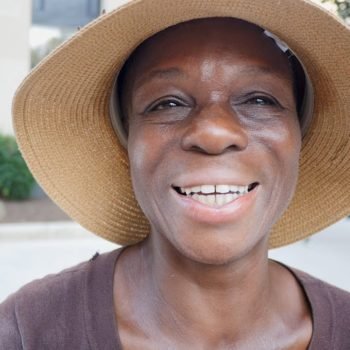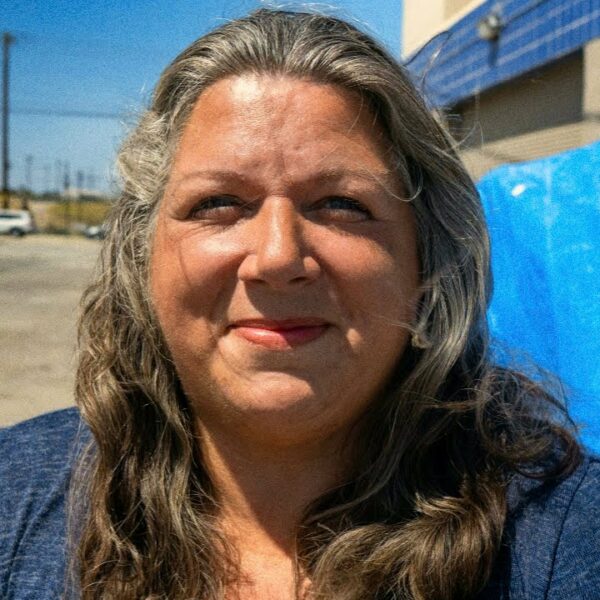Atlanta Opens Diversion Center to Prevent Sending Non-Violent ‘Offenders’ to Jail in Attempt to Break a Cycle that Criminalizes Homelessness
It’s awful that anyone is homeless. On top of that, homelessness is illegal in 48 states, causing the violation of human rights inherent in homelessness to go a step further: people go from living on the street to jail. Even the most minor criminal record can make getting a job and housing hard, creating a vicious cycle.
In recent years, the city of Atlanta has grown concerned about individuals being arrested for non-violent offenses that force individuals into homelessness, such as the following:
- Failure to pay traffic tickets
- Trespassing
- Shoplifting
- Drug possession
Then there are “offenses” that people experiencing homelessness really can’t avoid like loitering, panhandling, public urination, and urban camping. If you have no home, where are you supposed to sit, sleep and use the toilet – activities that all humans must do? Atlanta would like to redirect these individuals to a diversion center rather than jail.
In 2021, former mayor Keisha Lance Bottoms announced a plan to create the Center for Diversion & Services as an alternative to jail. Modeled after diversion centers in Houston and Tucson, the Atlanta facility broke ground on March 31 and will open its doors by early 2024.
Can a Diversion Center Help Homeless People?
A diversion center may seem helpful, but National Homelessness Law Center Legal Director Eric Tars cautions that it could allow “the current unjust system to continue operating just slightly less unjustly.” It all boils down to whether the Housing First approach is being used, as with all homelessness issues.
As previously stated, everyone needs a place to do basic human things like sleep, eat, and go to the bathroom in private. Without a place, they will break the rules and continue breaking them until they are housed.
When they break the rules, “offenders” will be forced to go to the Diversion Center (or jail). Once they arrive, all services are voluntary. They can leave at will, and no charges will be filed. No harm, no foul, right? Except when picked up, homeless individuals can only take what they can carry with them; any other property is abandoned and at risk of being trashed or stolen.
The people behind the Atlanta center have their hearts in the right place as the center aims to reduce harm to homeless individuals. But what homeless people really need first is housing. Once housed, they are statistically more likely to overcome any additional issues.
Judge Robert C. I. McBurney of Fulton County chairs the diversion center’s mental health task force. He helped champion the center’s creation and said the Justice Policy Board, which oversees the center, “will continue to advocate for positive housing reform in (the Atlanta) community.”
But whether those reforms will go as far as implementing the Housing First approach remains to be seen. Invisible People did not receive a comment from current Atlanta mayor Andre Dickens after asking him if that is his ultimate goal for the city.
Outreach Teams Are Better Equipped to Connect
One positive thing Atlanta boasts is Policing Alternatives and Diversion Program (PAD), an outreach team that intervenes without law enforcement involvement. PAD is the diversion center’s core partner and will provide case management for individuals brought to the facility and training/coordination help for law enforcement.
“We try to connect people to other community organizations to advocate for their needs,” PAD Executive Director Moki Macias said.
Judge McBurney says 9-1-1 calls that aren’t public safety issues can be diverted to 3-1-1, in which case a mobile crisis unit from either Grady Memorial Hospital or PAD can respond instead of law enforcement.
However, places that respond using law enforcement allow police officers to decide whether to send people to jail or a diversion center. As Tars notes, they can “continue operating business as usual” if they want.
Atlanta will undoubtedly have law enforcement respond at times as well. Macias leaves the impression that the police in Atlanta are invested in following PAD’s lead, but how that will play out is suspect.
Then there’s the big catch: repeat “offenders” can be sent to jail.
Judge McBurney gave an example of a police officer confronted with a person who was again “peeing on the side of the building and acting erratic and smelling like alcohol and cussing people out.” To continue with the example, he says the officer has taken the individual to the diversion center “three times in the last three months.” So, the officer decides to take the person to jail.
“That officer’s not in any trouble,” Judge McBurney said. “If there was a valid arrest to be made, they could always take the person to jail.”
Judge McBurney said his task force’s pitch to law enforcement is to take non-violent “offenders” to the diversion center. But an individual’s chance of being taken there decreases with each offense, as stated in the scenario described above. With that, Judge McBurney testified that officers in Houston and Tucson “sang the praises of a diversion center” because they “weren’t seeing those same people again and again.”
But Tars isn’t buying it as a legitimate solution, especially considering a typical stay at the center will be one day.
According to Tars, homeless individuals need repeat engagements that include relationship-building and trust-building with caseworkers, which takes a reasonable amount of time to establish. PAD provides those things but doesn’t provide housing or legalize homelessness, so individuals will continue to offend. So, while the intent is good, and further reforms are being advocated for, Housing First is the best solution for homelessness.
With the solution identified, it begs the question:
Why Invest in Less-Than-Ideal ‘Solutions’ Like Diversion Centers?
Tars said it’s because “there’s kind of this paternalism involved, where there’s an assumption that people who are experiencing homelessness can’t make good choices for themselves [and in some cases, people think] they need to be compelled to do the right thing, and they need the intervention of that tough-love kind of figure via law enforcement.”
According to Tars, our country continues using the law enforcement approach “because it can get people off the streets immediately. Good outreach and engagement can take weeks or months. It’s that ability to give the housed constituents their immediate request regardless of the impact on the person experiencing homelessness.”
While Atlanta is trying to avoid paternalism and provide outreach and engagement through PAD, diversion centers operating without a program like PAD have these flaws.

Expected Experience at the Atlanta Diversion Center
According to Macias, individuals will be provided showers, a place to wash their clothes and store belongings, a basic health check to identify medical needs, a warm meal, a place to rest, and the ability to charge phones. After immediate needs are met, individuals will begin planning for what they want to accomplish at the center. This could include housing assessments.
“It’s really person-centered; it’s really directed by the (guest),” Macias said, adding that some staff members at PAD experienced homelessness. She expects the same to be true of some Diversion Center staff members. “We know that recovery is really about connection. We think it’s a really, really important part of the model that there’s a sense of connection based on shared experience that can be the foundation of building a relationship with somebody.”
What the center is really like could be different than what is advertised. But the vision for the center came from a place of concern.
“It admits [on the Center for Diversion & Services’ website] that there are unmet mental health needs, that there is extreme poverty, and they recognize that arresting people for that is bad policy, bad economics, bad from a law enforcement approach,” Tars said.
But he added, “It can’t be the only thing. … You want any efforts at reforming the system to also be laying the basis for transformation of the system as a whole.”
If you want to help your vulnerable neighbors, contact your legislators. Tell them to push for Housing First policies and the decriminalization of homelessness.













